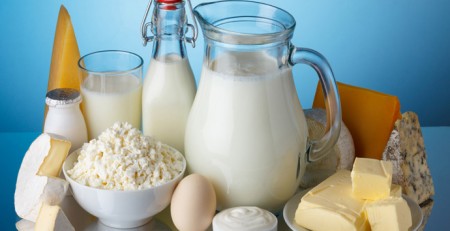Source: timesofindia.com
GURUGRAM: The deficiency of vitamin D is becoming a bigger health concern as the minimum age for its victims has gone down to 21 years of age in Gurugram. Experts believe that besides the lack of exposure to the sunlight, the crash diets too are a reason behind this hidden health hazard.
According to a study conducted by a private hospital in Gurugram, a whopping 76 per cent of women in the age group of 24 to 91 years were found have inadequate levels of vitamin D. The survey conducted by Paras Hospitals took into account the vitamin D tests of around 2,200 females in the city. The study concluded that even teenagers as young as 15 years old do not have adequate levels of Vitamin D. The average minimum age has gone down to 25 years, i.e. a decade younger than the 35 years that was the minimum age till five years ago.
“Our survey showed that around 1,676 women out of 2,201 in the age bracket of 24-91 years had inadequate vitamin D levels.”
Apart from this, 241 out of 297 girls between 1 to 24 years of age were also found to have vitamin D levels below normal levels. Vitamin D is not just critical for good bone and teeth health, but its deficiency can be linked to several health problems including heart disease, depression and some cases even cancer,” said Dr Neeraj Bishnoi, Facility Director Paras Hospitals Gurgaon. It promotes the absorption of calcium in the gut and aids in maintaining adequate calcium and phosphate concentrations to enable normal mineralization in the bones and also impacts the blood pressure, immunity, mood, brain function, and protects from cancer through modulation of cell growth.
Without sufficient vitamin D, bones become thin and brittle and women suffer from osteoporosis by the time they reach menopause. Health experts say that the changes in diet pattern too have caused the low levels of vitamin D. A majority of women these days are off fat and dairy as they aim for weight loss, but vitamin D’s fat soluble vitamin is stored in the liver and fatty tissues. “Similarly, animal protein too is vital in producing it as the body makes most of the Vitamin D on its own unlike other vitamins which can be sourced from the supplements. Around 15 to 20 per cent of woman’s diet should be fat be it butter, ghee etc. if they want better bones as they reach menopause,” Dr Nupur Gupta, Senior Consultant Gynecology at Paras Hospitals
(Neeraj Bishnoi, Facility Director Paras Hospitals Gurgaon)


